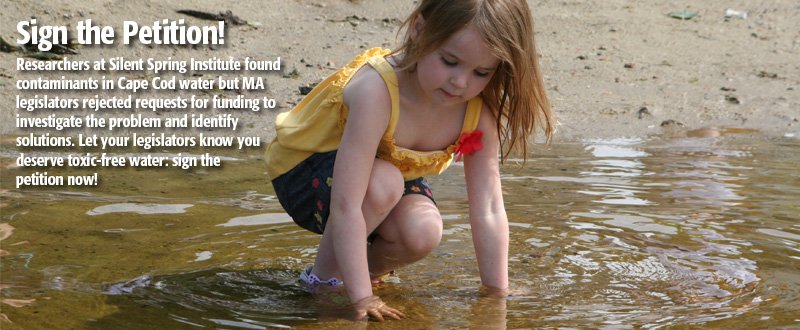NIOSH Proposes New Policy for Workplace Carcinogens
On November 15th 2013 the National Institute for Occupational Health and Safety (NIOSH) released the draft of their new, proposed carcinogen policy, to replace the original policy issued in 1978. This draft is available for public comment and all comments must be received in writing at the NIOSH docket office by February 13th 2014. We … Read more

